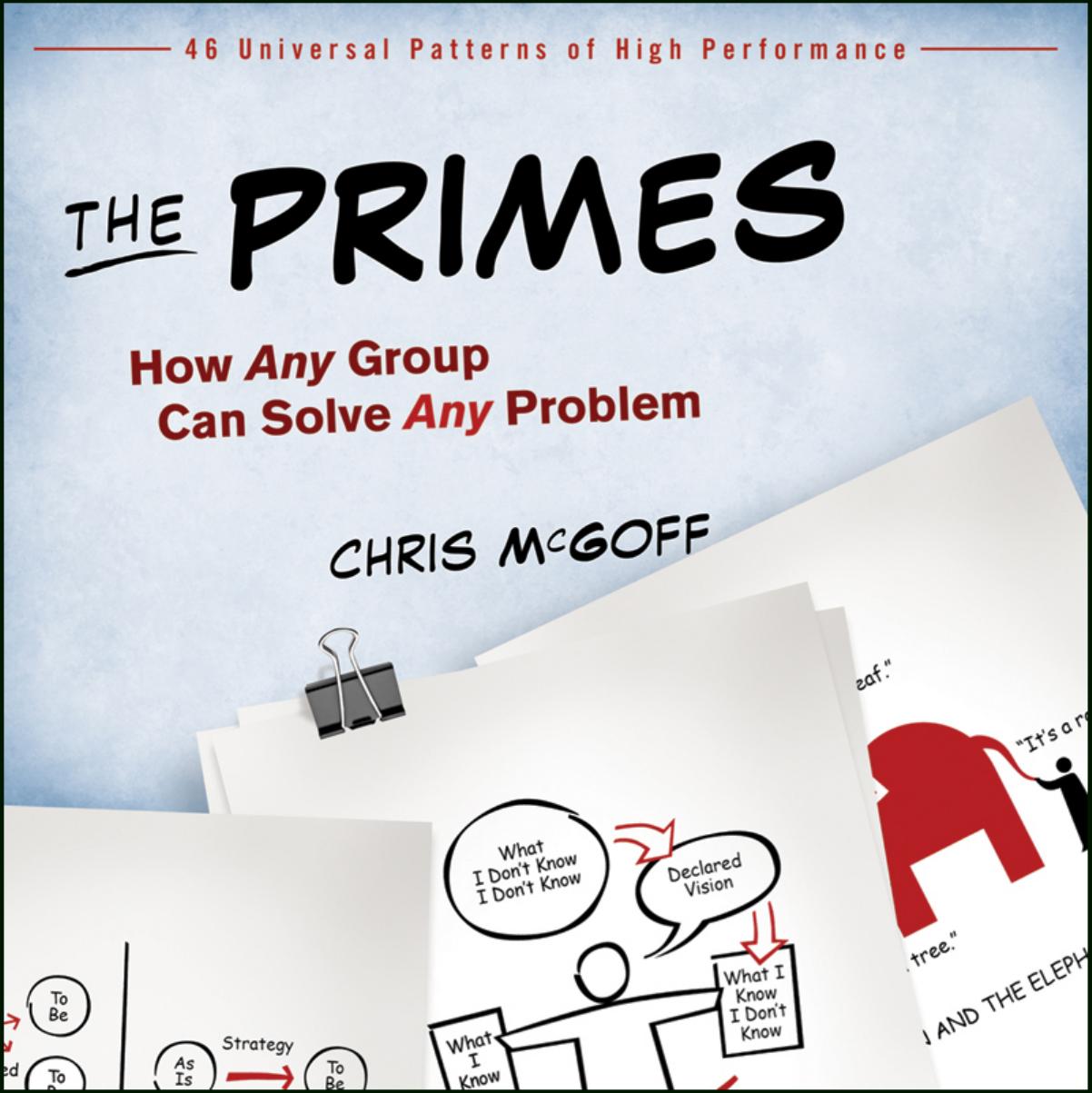The Primes: How Any Group Can Solve Any Problem by Chris McGoff

Author:Chris McGoff [McGoff, Chris]
Language: eng
Format: mobi, pdf
Publisher: Wiley
Published: 2012-03-12T14:00:00+00:00
Like genocide, pesticide, and suicide, DECIDE is about death (“-cide”). The DECIDE phase is the final act of killing off alternatives and leaving one option alive. As I stated before, regardless of how many people are involved in the OPEN and CLOSE discussions, groups don't make decisions. Real decision-making comes down to one person who chooses for the group.
I've learned to recognize the “DECIDE moment” in literally hundreds of high-stakes meetings. Sometimes, it's barely perceptible, even to the trained eye. It happens in an instant, with a nod or a remark made by the one person everyone is watching. There is one person who has the power in any group, and the expectation of the others, to DECIDE for all once sufficient time and attention have been given to the OPEN and CLOSE phases.
The “decider” may or may not be the person called “leader.” Oftentimes, the decider is the informal leader. Regardless, it is a single individual making the decision in a single and observable moment.
Note that the DECIDE phase is distinct from the CLOSE phase. CLOSE is a convergent process, but not one that allocates resources. In this context, a “decision” is an irrevocable allocation of resources—in that it cannot be undone. And the group will now invest time and/or money as a result of the decision. Great leaders live for these moments.
Holding a vote is the lone exception to the rule that one person ultimately decides. However, this represents the lowest form of decision making. When collaboration fails and leadership can't be trusted, people surrender their opinions and allow math to decide. Although voting is prevalent in politics, it's rarely the mechanism of choice elsewhere. The vote represents the failure of CONSENSUS; it's the process of last resort, and it's the least effective.
So far, Internet-based applications have made the OPEN phase more efficient and more accessible. We can now generate more ideas from more people faster. We can also rate and vote on these ideas using the network. But so far, no one has made any real progress, beyond voting tools, on figuring out how to facilitate the DECIDE process on the network.
Download
The Primes: How Any Group Can Solve Any Problem by Chris McGoff.pdf
This site does not store any files on its server. We only index and link to content provided by other sites. Please contact the content providers to delete copyright contents if any and email us, we'll remove relevant links or contents immediately.
Bullshit Jobs by David Graeber(4177)
Radical Candor by Kim Scott(2709)
I Am Right, You Are Wrong by Edward De Bono(2438)
23:27 by H. L. Roberts(2245)
Nomadland by Jessica Bruder(2058)
Average Is Over by Tyler Cowen(1844)
The Conflict Resolution Phrase Book by Barbara Mitchell & Cornelia Gamlem(1770)
Out of Our Minds: Learning to Be Creative by Ken Robinson(1728)
High-Impact Interview Questions by Victoria A. Hoevemeyer(1689)
The Ideal Team Player by Patrick M. Lencioni(1637)
An Everyone Culture: Becoming a Deliberately Developmental Organization by Robert Kegan & Lisa Laskow Lahey(1631)
Who Moved My Cheese?: An Amazing Way to Deal With Change in Your Work and in Your Life by Johnson Spencer(1628)
The Asshole Survival Guide by Robert I. Sutton(1597)
Automatic Society by Bernard Stiegler(1547)
Unleashed by Anne Morriss & Frances Frei(1538)
Who by Street Randy & Smart Geoff(1501)
42 Rules of Employee Engagement by Susan Stamm(1462)
96 Great Interview Questions to Ask Before You Hire by Paul Falcone(1444)
Fish! by Stephen C. Lundin(1397)
